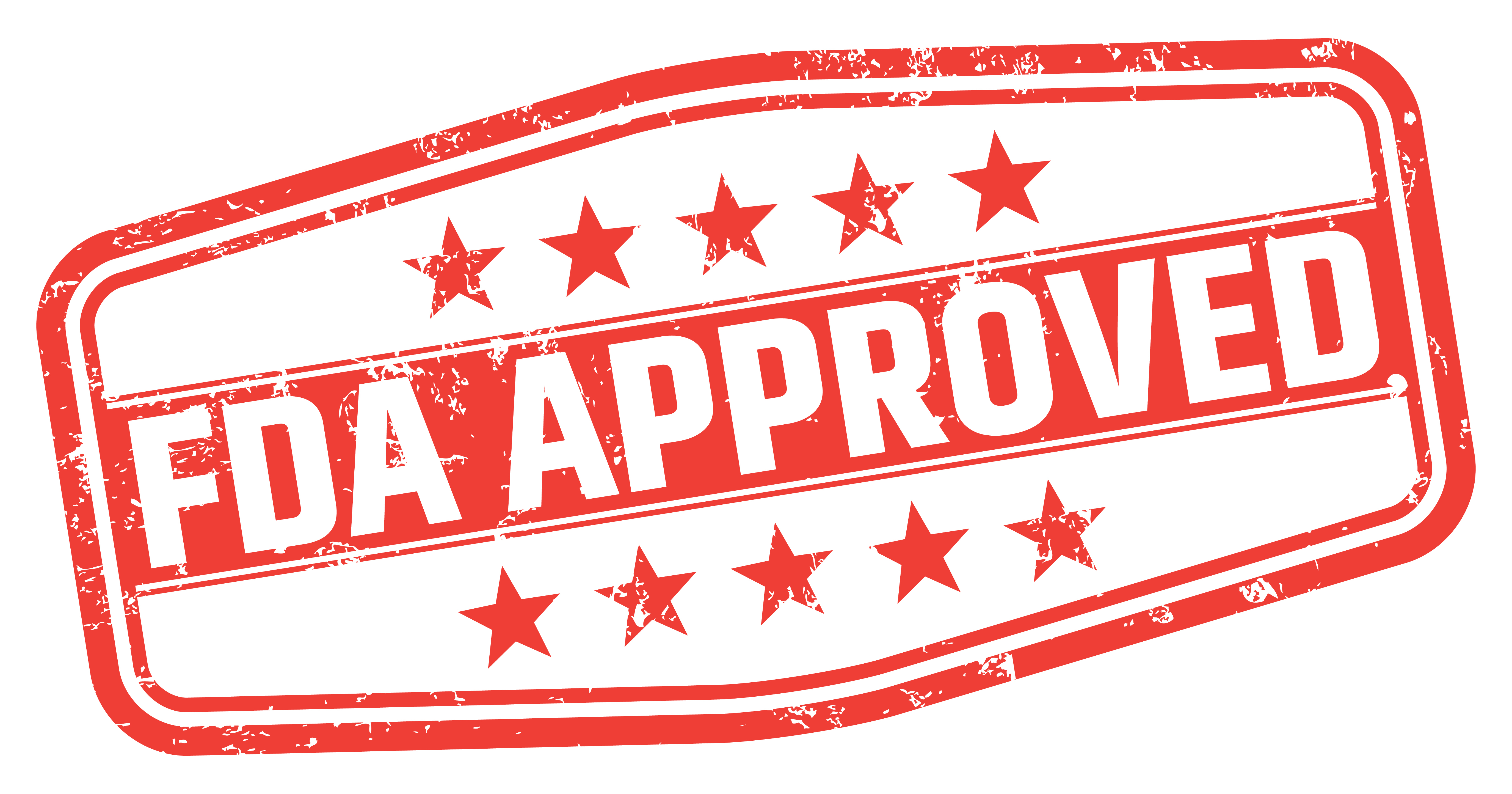FDA Approves Alexion’s Ultomiris for Treating aHUS in Children and Adults
Written by |

The U.S. Food and Drug Administration (FDA) has approved Ultomiris (ravulizumab-cwvz) for the treatment of adults and children ages one month and older with atypical hemolytic uremic syndrome (aHUS), Alexion Pharmaceuticals announced.
This is the first time the medication, previously approved to treat adults with other diseases, has been approved for treating children.
aHUS is caused by the progressive destruction of red blood cells due to the dysregulation of the complement system — a set of more than 20 blood proteins that form part of the body’s immune defenses. Damaged red blood cells can aggregate, or clump up, forming clots that clog the kidneys’ small blood vessels. This is called thrombotic microangiopathy, or TMA, and it potentially can lead to kidney failure.
Ultomiris is a monoclonal antibody — a lab-made protein — that has been designed to bind and inhibit the activity of the C5 protein. It prevents overactivation of the complement system and the destruction of red blood cells associated with aHUS.
The FDA previously approved Ultomiris, in December 2018, for the treatment of adults with paroxysmal nocturnal hemoglobinuria (PNH), a serious blood disorder also caused by a dysregulation of the complement system.
The decision to approve Ultomiris now for aHUS was based on data from two Phase 3 trials, one enrolling adults and the other children and adolescents.
The study assessing the effects of Ultomiris in adults with the disease, called aHUS-311 (NCT02949128), enrolled 56 participants and met its primary goal, with 54% of patients achieving a complete TMA response within the first 26 weeks of the trial.
A complete TMA response is defined by a normalization in the number of platelets, and in the levels of the enzyme lactate dehydrogenase (LDH) — as well as a minimum of 25% improvement in kidney function, as assessed by levels of serum creatinine. LDH is an enzyme whose levels can be used as a readout of red blood cells’ destruction.
Moreover, after treatment with Ultomiris, 84% of the participants achieved a normal platelet count, 77% achieved normalization in the levels of LDH, and 59% saw a significant improvement in kidney function.
In addition, interim data showed that after treatment with Ultomiris, 93% of the children achieved a normal platelet count, 86% a normalization in the levels of LDH, and 79% a significant improvement in kidney function.
The most common side effects of treatment reported in both studies included upper respiratory tract infections, diarrhea, nausea, vomiting, headache, high blood pressure and fever.
To minimize the risk of serious meningococcal infections, which have been reported in some patients receiving the medication, specific risk-mitigation plans — including a Risk Evaluation and Mitigation Strategies (REMS), required by the FDA — have been implemented for Ultomiris.
“The consequences of uncontrolled complement activation, like organ failure and potentially death, create significant challenges and uncertainty for people and families facing aHUS,” John Orloff, MD, executive vice president and head of research and development at Alexion, said in a press release.
“Based on the Phase 3 data, which demonstrated clinically meaningful benefits in people with aHUS, we believe Ultomiris has the potential to become the new standard of care for this devastating disease,” Orloff said.
Marketing authorizations for Ultomiris are currently being reviewed by regulatory authorities in the E.U. and Japan.





